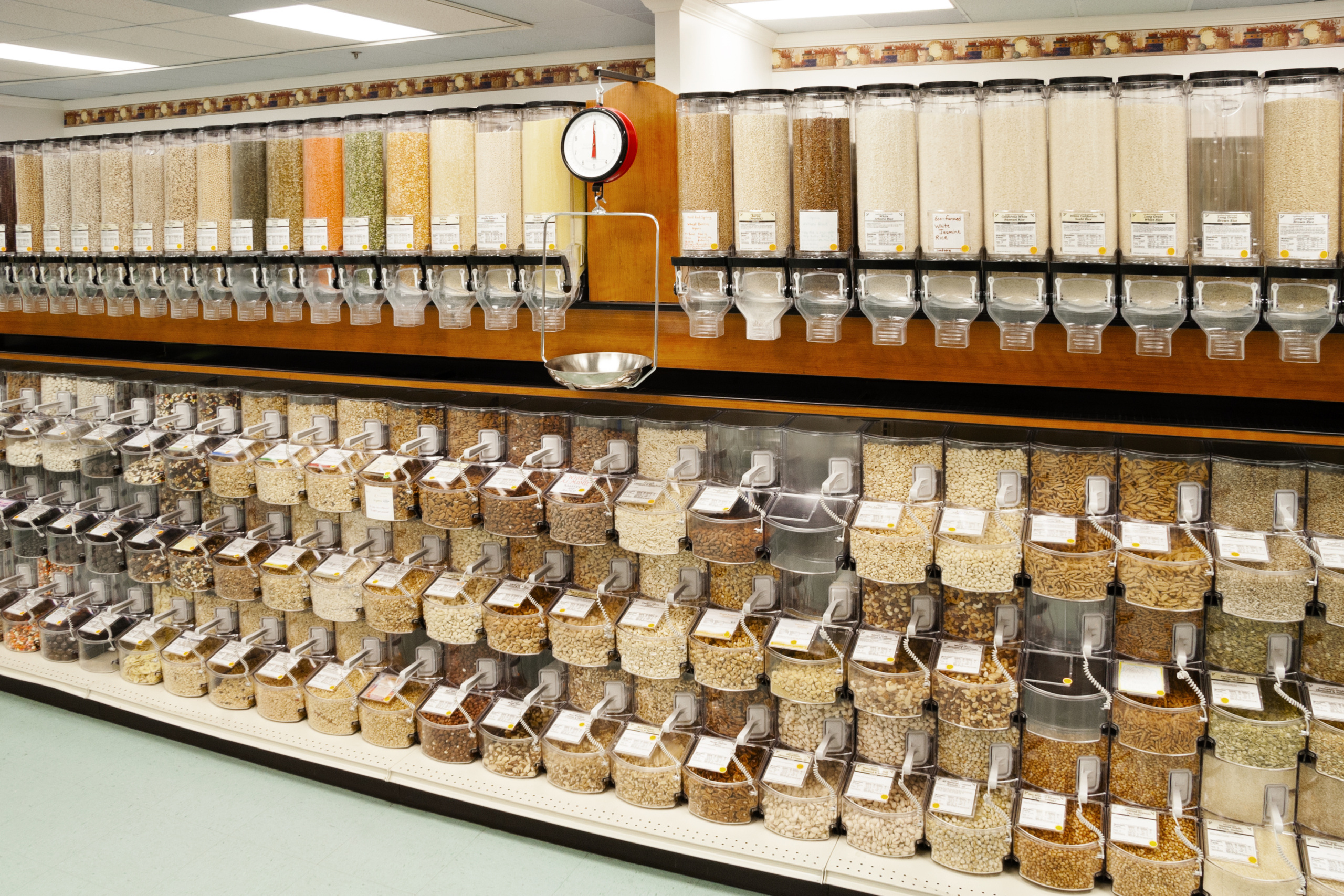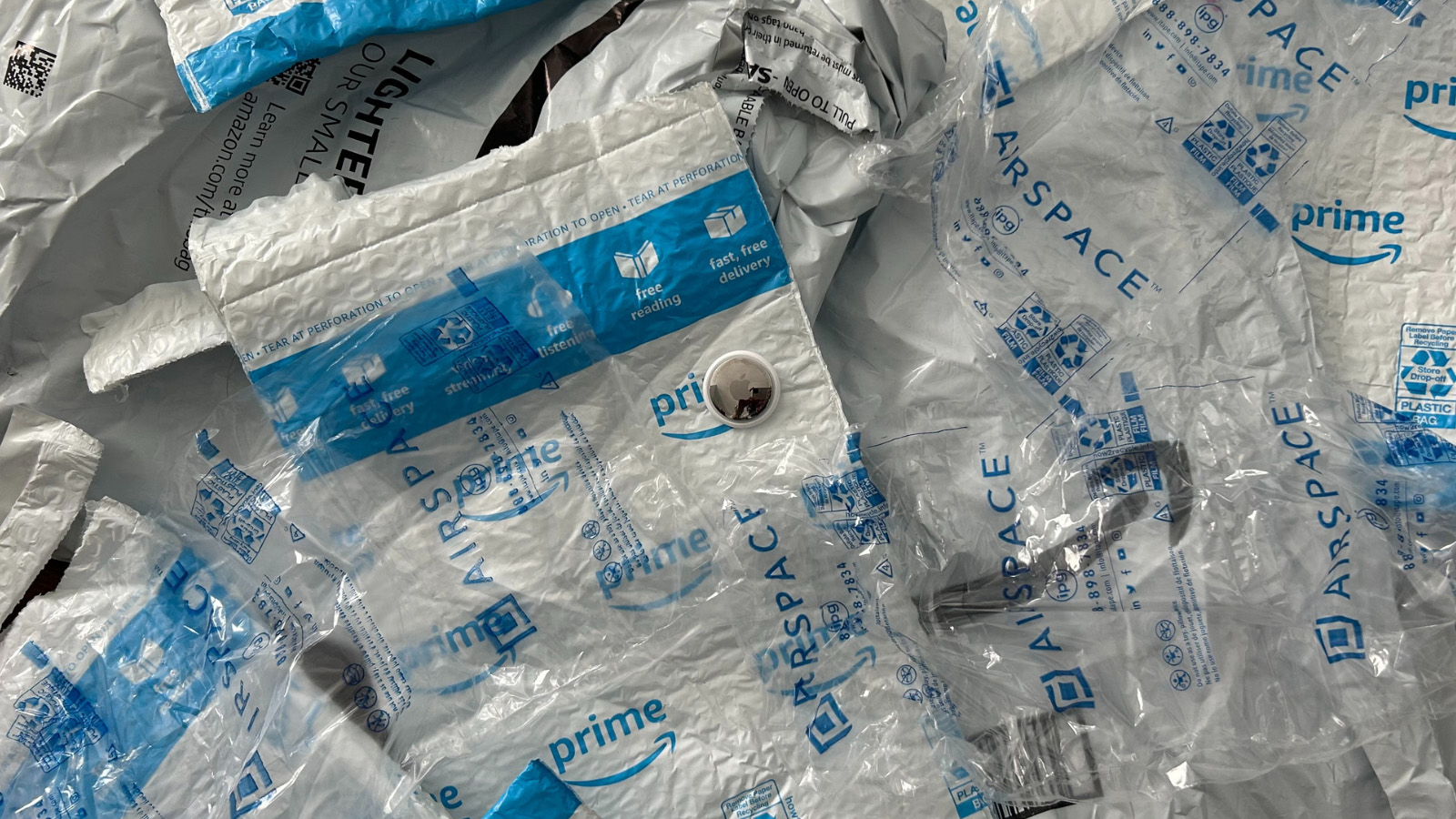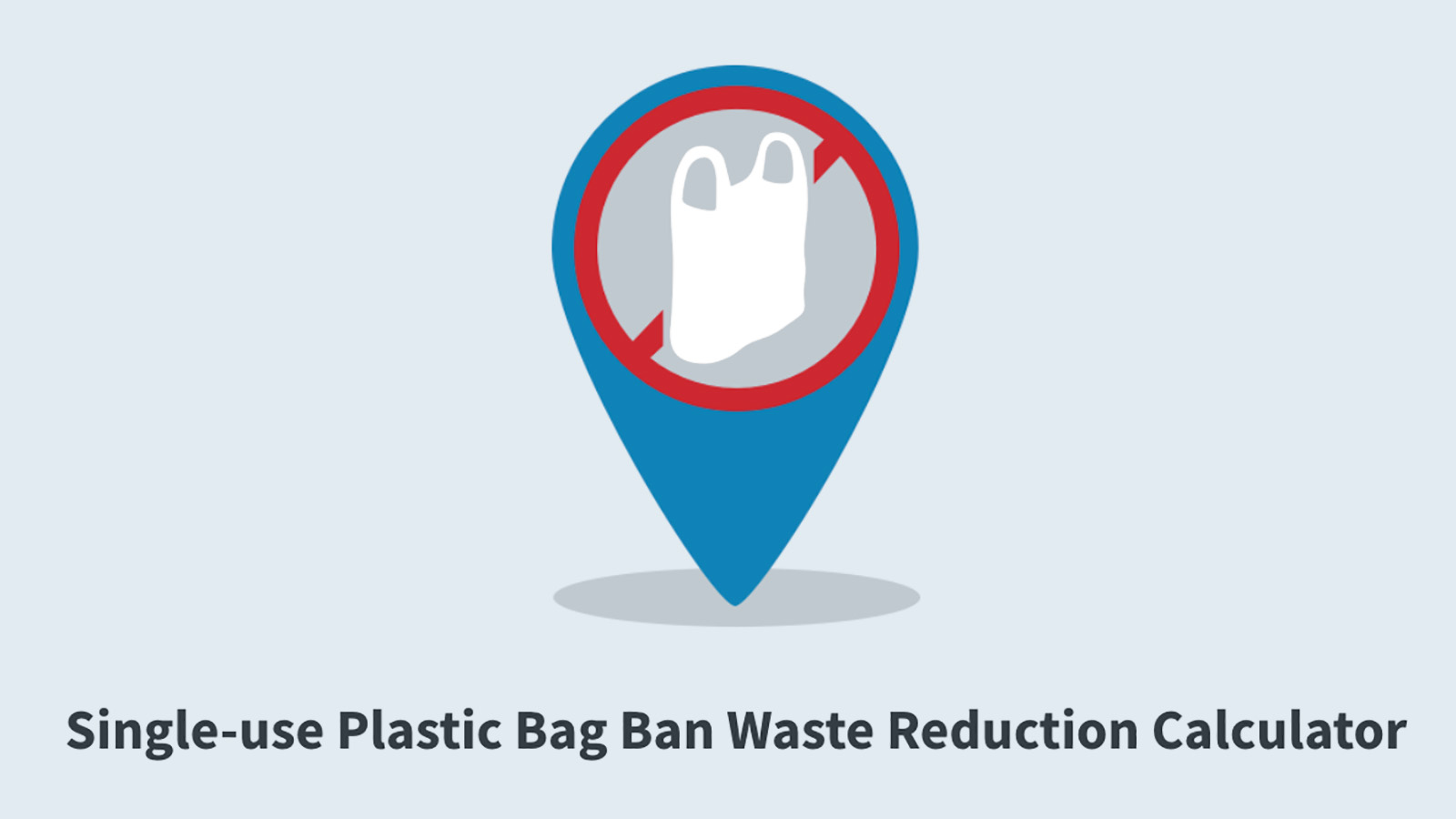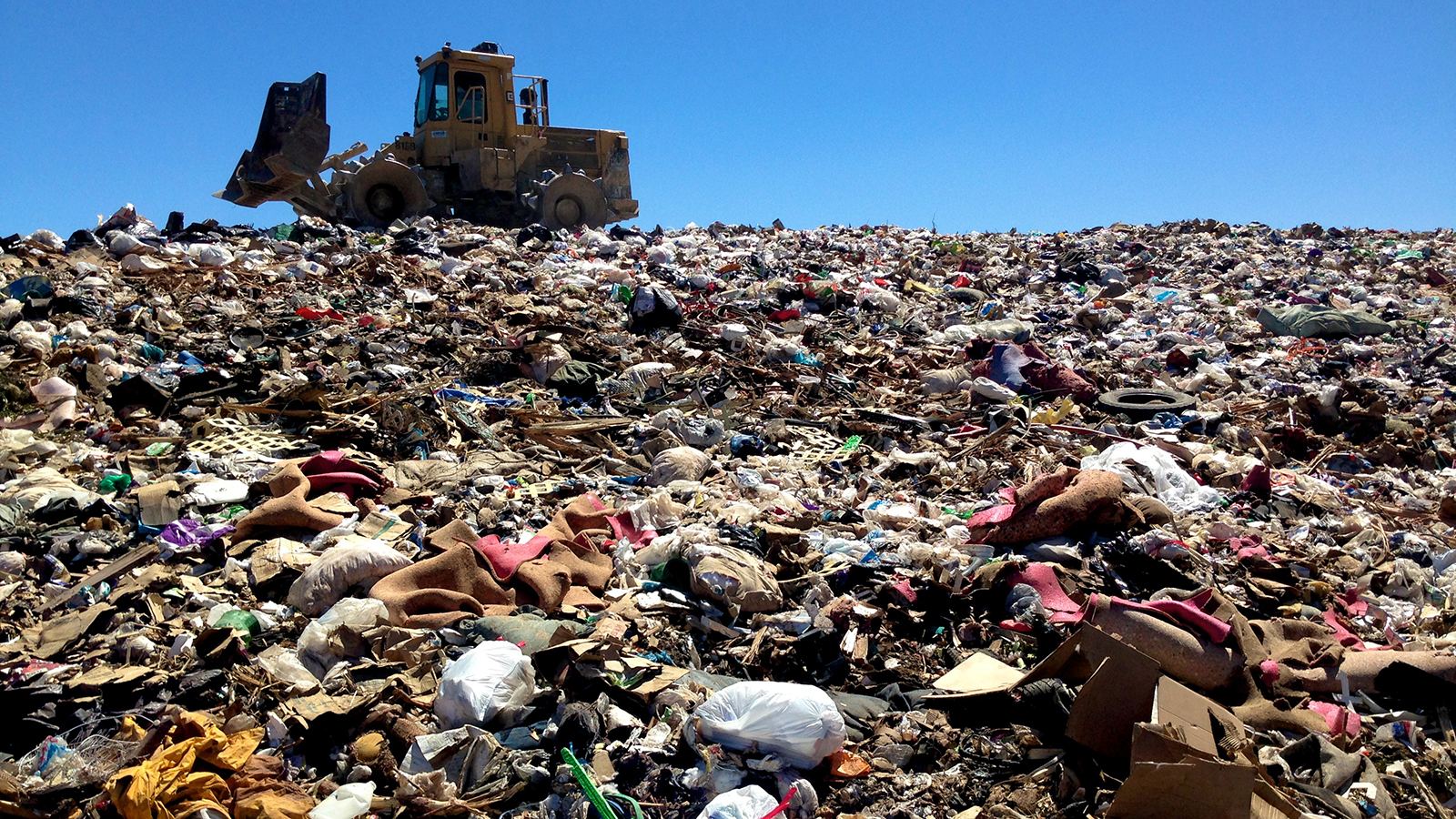
Lots left on the to-do list for reducing waste
Lawmakers have many potential solutions in front of them
This Earth Day, let’s go back to the future and focus on that first word in the mantra: Reduce.
Op ed, Comonwealth Magazine, 4.18.23, by Janet Domenitz
THIS YEAR, as we celebrate the 53rd Earth Day, we should use the occasion to reckon with our growing waste crisis. A few years after the first Earth Day, held in 1970, Congress passed the Resource Conservation and Recovery Act to increase recycling and conservation efforts as waste became a bigger problem. Some say that the slogan “reduce, reuse, recycle” was born at this time.
This Earth Day, let’s go back to the future and focus on that first word in the mantra: Reduce.
Our country has an enormous waste problem. While we make up just 4 percent of the world’s population, the United States generates over 12 percent of the planet’s waste. This averages out to 4.9 pounds of trash per person, per day. Nationally, only about a third of our waste is recycled or composted, while the vast majority is sent to landfills, incinerators, or ends up littering the environment.
With a new administration in Massachusetts, we can take a fresh look at the immediate, significant work we can and must do here in the Commonwealth. For starters: a report we put out with several other groups in the fall highlighted this fact: 40 percent of the roughly 6 million tons of waste generated in the state each year, which is being buried in landfills or burned in incinerators, is banned from disposal by the Department of Environmental Protection’s (DEP) own regulations.
To repeat: Almost 2.5 million tons of material—like paper, cardboard, glass, metal, and more–has been banned from disposal by DEP’s own regulations for decades, yet ends up buried or burned. (And our report did not include the recent bans on textiles and certain amounts of food waste.)
The newly seated state Legislature should take note. A bill proposing a ban on single-use plastic bags in our state has been pending for well over a decade. In the meantime, more than 150 cities and towns in Massachusetts, representing well more than a majority of people in the state, have gone ahead and taken this action.
Other states, including our neighbors in New York, Vermont, Maine, and Connecticut, have long since banned these bags and reduced the litter and waste they create. One California study found that the state used 70 percent less plastic overall once the statewide bag ban went into effect. .
Similarly, we have a 40-plus-year-old bottle deposit law in crying need of an update. Connecticut, Michigan, Oregon, and other states have already done an update and reduced beverage container waste.
Speaking of other states, they’re also ahead of us in giving people the right to repair. Colorado and New York have recently passed Right to Repair laws. The one pending here would reduce a lot of the worst kind of waste–electronic waste (also known as e-waste). The goal of our Right to Repair campaign is to give every consumer and small business access to the parts, tools, and service information they need to repair products so we can keep things in use and reduce waste.These days, companies that manufacture our devices make them increasingly difficult to repair, which means people buy more new stuff. As such, we’re throwing away over 8,000 phones a day in Massachusetts. Most electronics contain toxic metals, and that waste poses dangers when buried in a landfill or incinerated. It’s estimated that 40 percent of the heavy metals in US landfills comes from discarded electronics. Reducing that waste would be good for our health, our environment, and our wallets.
In total, the stuff that becomes waste in America contributes 42 percent of total US greenhouse gas emissions. When resource extraction, production, disposal, and transportation of this stuff are all taken into account, America’s waste problem significantly exacerbates climate change.
PIRG and Environment America have released a report, Trash in America, that details steps we need to take to end the waste crisis and achieve a zero-waste economy. In addition to the steps above, we need to establish producer responsibility—so the makers of all this excess packaging are encouraged to reduce. We also need to divert all food waste from disposal.
There is no one magic wand, but there is a clear roadmap. With common sense zero-waste practices, we can move away from our current consumptive economy where products are manufactured, used a few times, and destroyed, to a more circular system. We can create a world where we consume less, reuse more, repair what we have, and recycle what we no longer need. Well before there was Earth Day, my grandmother would say “waste not, want not.” Wise words for Earth Day 2023 and beyond.
Janet S. Domenitz is executive director of MASSPIRG/MASSPIRG Education Fund in Boston.
Topics
Authors
Janet Domenitz
Executive Director, MASSPIRG
Janet has been the executive director of MASSPIRG since 1990 and directs programs on consumer protection, zero waste, health and safety, public transportation, and voter participation. Janet has co-founded or led coalitions, including Earth Day Greater Boston, Campaign to Update the Bottle Bill and the Election Modernization Coalition. On behalf of MASSPIRG, Janet was one of the founding members of Transportation for Massachusetts (T4MA), a statewide coalition of organizations advocating investment in mass transit to curb climate change, improve public health and address equity. Janet serves as Chair of the Board of Directors for the Consumer Federation of America and serves on the Common Cause Massachusetts executive committee, Alliance for a Healthy Tomorrow board of directors, and Department of Environmental Protection Solid Waste Advisory Committee. For her work, Janet has received Common Cause’s John Gardner Award and Salem State University’s Friend of the Earth Award. Janet lives in Cambridge, Massachusetts, with her husband and two sons, and every Wednesday morning she slow-runs the steps at Harvard Stadium with the November Project.
Find Out More

Refill, Return, Reimagine: Innovative Solutions to Reduce Wasteful Packaging

Letter to Congress: Support the Plastic Pellet Free Waters Act

Truth in recycling


